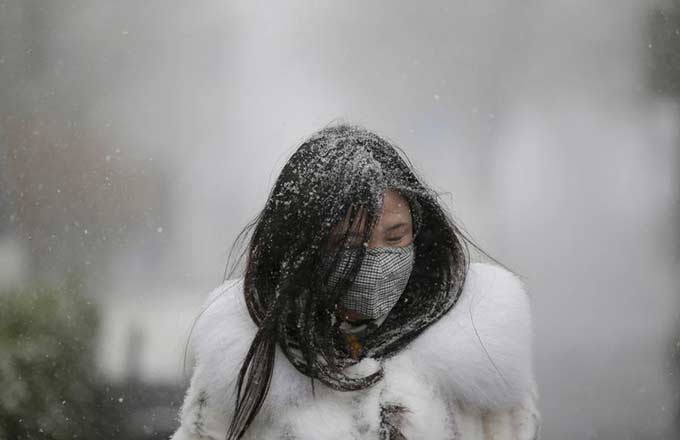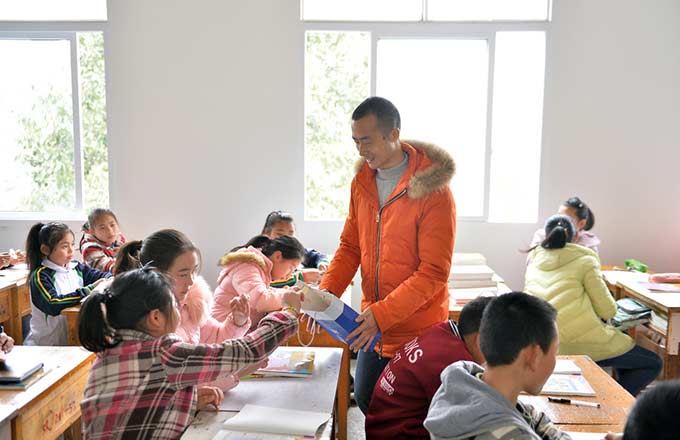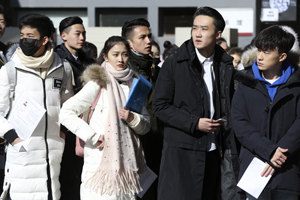Transparency promised in fight against virus
14 cases confirmed, five die from new strain of bird flu
China's health authorities have promised transparency and pledged to mobilize resources nationwide to combat a new strain of deadly bird flu that has killed five people.
By Thursday night, the country's total number of confirmed bird flu cases increased to 14 - four in Jiangsu, six in Shanghai, one in Anhui and three in Zhejiang. One of the latest victims was a 48-year-old man from Jiangsu province, who transported poultry for a living. He died of H7N9 bird flu in Shanghai on Thursday.
On Wednesday afternoon, the National Health and Family Planning Commission briefed officials from the World Health Organization's China office on the latest developments in H7N9 infections, according to a statement posted on the commission's website on Thursday.
"China will maintain open and transparent exchanges with the WHO and other countries and regions, step up monitoring and adopt proper measures," it said.
It also pledged to "deploy the entire nation's health system to combat the virus".
The WHO said it was "following the event closely" and was in contact with Chinese authorities, according to Xinhua News Agency.
Gregory Hartl, media officer for the WHO, said in Geneva on Wednesday (local time) that given the current evidence, the risk of an epidemic is low.
The Chinese Center for Disease Control and Prevention said on Wednesday that no human-to-human transmission of H7N9 has been discovered and no epidemiological connection between these cases has been found.
The health authorities have asked local branches to establish a daily reporting system in places where confirmed cases are reported, while releasing a treatment and prevention guide on Wednesday, clarifying possible clinical symptoms and the latent phase of the disease.
Virus: Source of infection still unknown
The latent phase is about seven days and the symptoms include body temperature above 38 C and general phenomena in colds, such as coughs and headaches, according to the guide.
"So far, the sources of infection have not been clear, but based on past experiences and recent epidemiological studies, the sources could be poultry or secretions and excrement from poultry," according to the guide.
Feng Zijian, director of the health emergency center of the Chinese Center for Disease Control and Prevention, reminded the public to take precautions against the virus in crowded places and not to have direct contact with poultry.
Health authorities and hospitals in many Chinese provinces have been on high alert for H7N9 cases.
In Beijing, doctors received the first batch of 300 test reagents for the H7N9 avian flu on Wednesday, and Ditan Hospital and You'an Hospital have been designated to admit patients suspected of contracting the H7N9 virus.
The center and 55 other laboratories in its network will be capable of testing for the virus upon any suspected cases of infection, Xinhua reported.
Shanghai authorities has prohibited the sale of live poultry and wildfowl and enhanced monitoring of major poultry markets.
Xinhua contributed to the story
wangqian@chinadaily.com.cn
- Beijing welcomes first snow in Year of the Rooster
- Woman spends $726 per month commuting between two cities
- Nobel laureate, Turing Award winner become Chinese citizens, join CAS
- Special driver for special bus for special children
- Textbooks revised to underscore 14-year anti-Japanese war



















